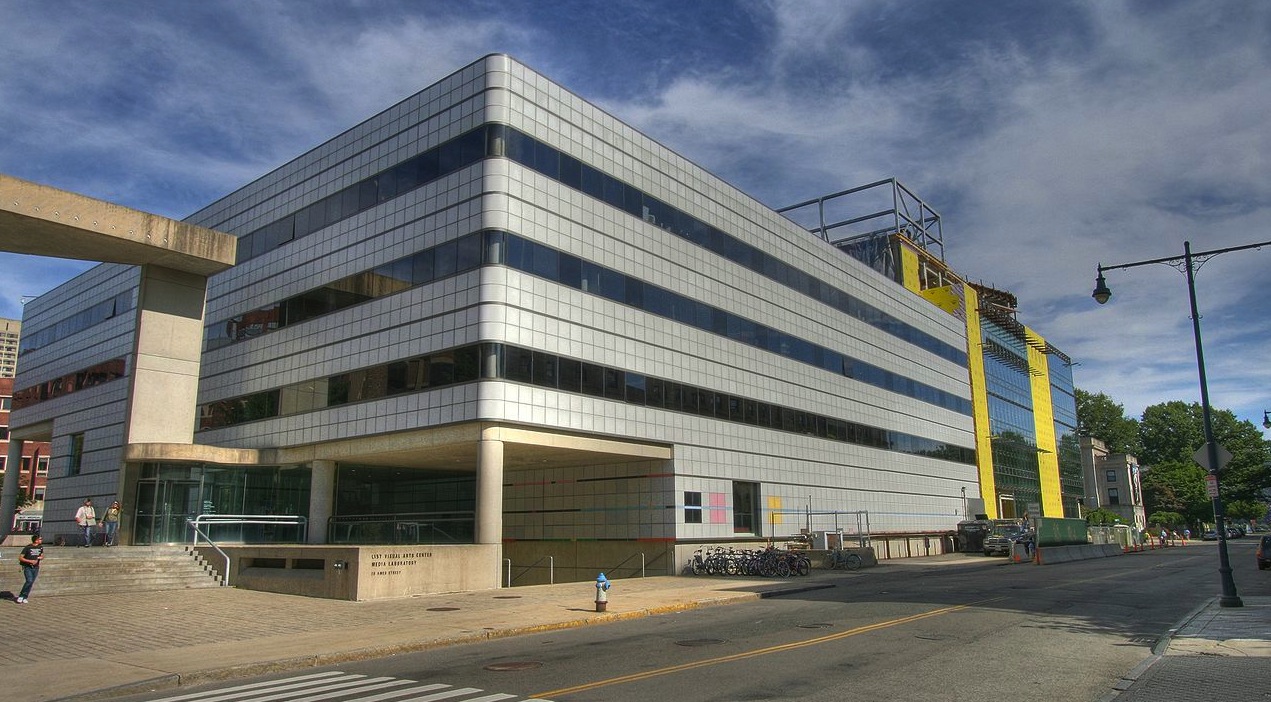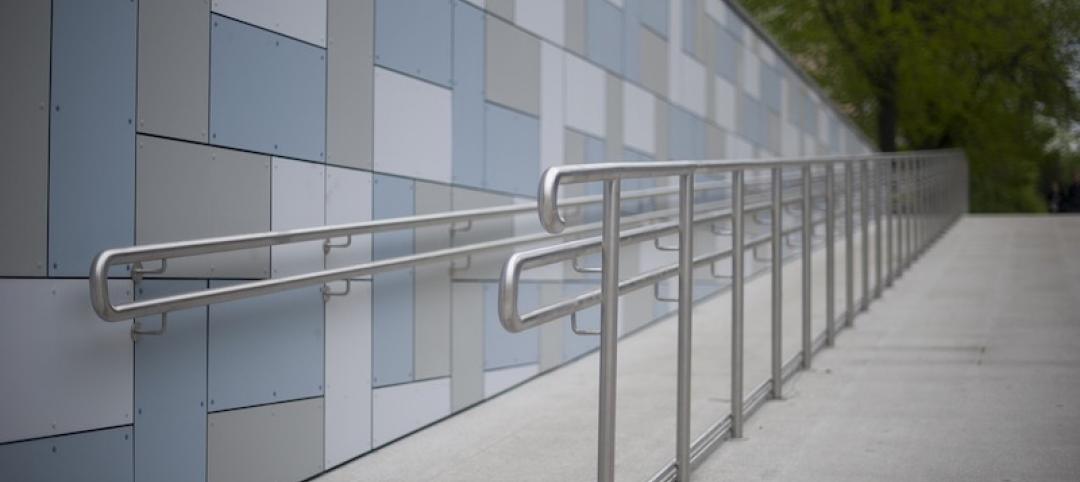The Department of Energy has released Energy Better Buildings Workforce Guidelines that are aimed at strengthening and streamlining commercial building workforce training and certification programs for workers in energy auditing, building commissioning, building operations, and energy management.
The DOE, National Institute of Building Sciences (NIBS), and a group of energy and building industry professionals developed the standards under the guise of the Commercial Workforce Credentialing Council.
“By creating nationally recognized standards for competency-based certification programs, these guidelines can ensure that workers have the skills they need to do their jobs effectively, while helping cut the pollution and energy costs that come from the country's commercial building sector,” the DOE says.
The guidelines “offer credentialing bodies a framework that will help their certification programs meet the needs and standards identified by the experts in the industry,” the DOE says. This type of quality assurance is especially important in jurisdictions that require energy audits or retro-commissioning of buildings.
Related Stories
Codes and Standards | Oct 28, 2019
U.S. military demands landlords address health hazards in troop housing
Air Force threatens formal dispute process.
Codes and Standards | Oct 24, 2019
ASHRAE design contest winners demonstrate building resilience
Model building, a city hall, could operate without utility service for two weeks.
Codes and Standards | Oct 22, 2019
Efficient material design, low-carbon concrete are critical to cutting GHG emissions in construction
Enhancing building utilization and reusing materials also aid carbon reduction.
Codes and Standards | Oct 21, 2019
Historic properties not exempt from Americans With Disabilities Act
Some exceptions do apply.
Codes and Standards | Oct 18, 2019
St. Louis could save $61 million per year in energy costs by improved building performance
GHG gases can be reduced by at least 11% with upgrades to public buildings and large private buildings.
Codes and Standards | Oct 17, 2019
Slow payments cost GCs and subs $64 billion annually
Study finds 51-day average payment turnaround.
Codes and Standards | Oct 16, 2019
Cool pavement can make people hotter
Reflective coatings channel sunlight raising temperatures where pedestrians walk.
Codes and Standards | Oct 15, 2019
Utah adopts 2018 International Energy Conservation Code
Provisions include increased building envelope performance and reduced air infiltration.
Codes and Standards | Oct 14, 2019
States continue to beef up energy efficiency codes
ACEEE 50-state scorecard finds latest IECC code gaining adherents.
Codes and Standards | Oct 9, 2019
DOE releases Better Buildings Healthcare Financing Primer
Outlines financial strategies to implement energy-efficiency projects in healthcare.

















